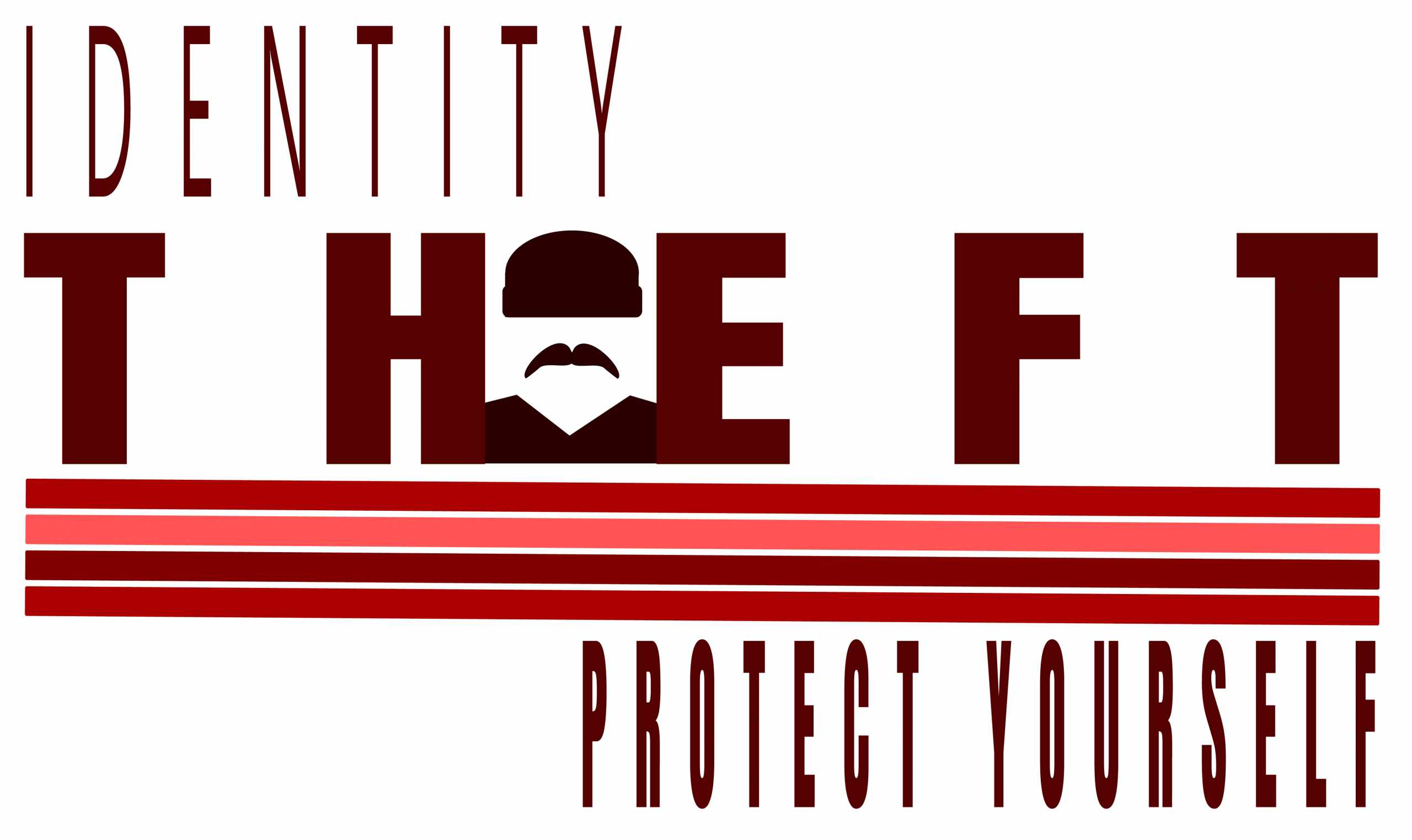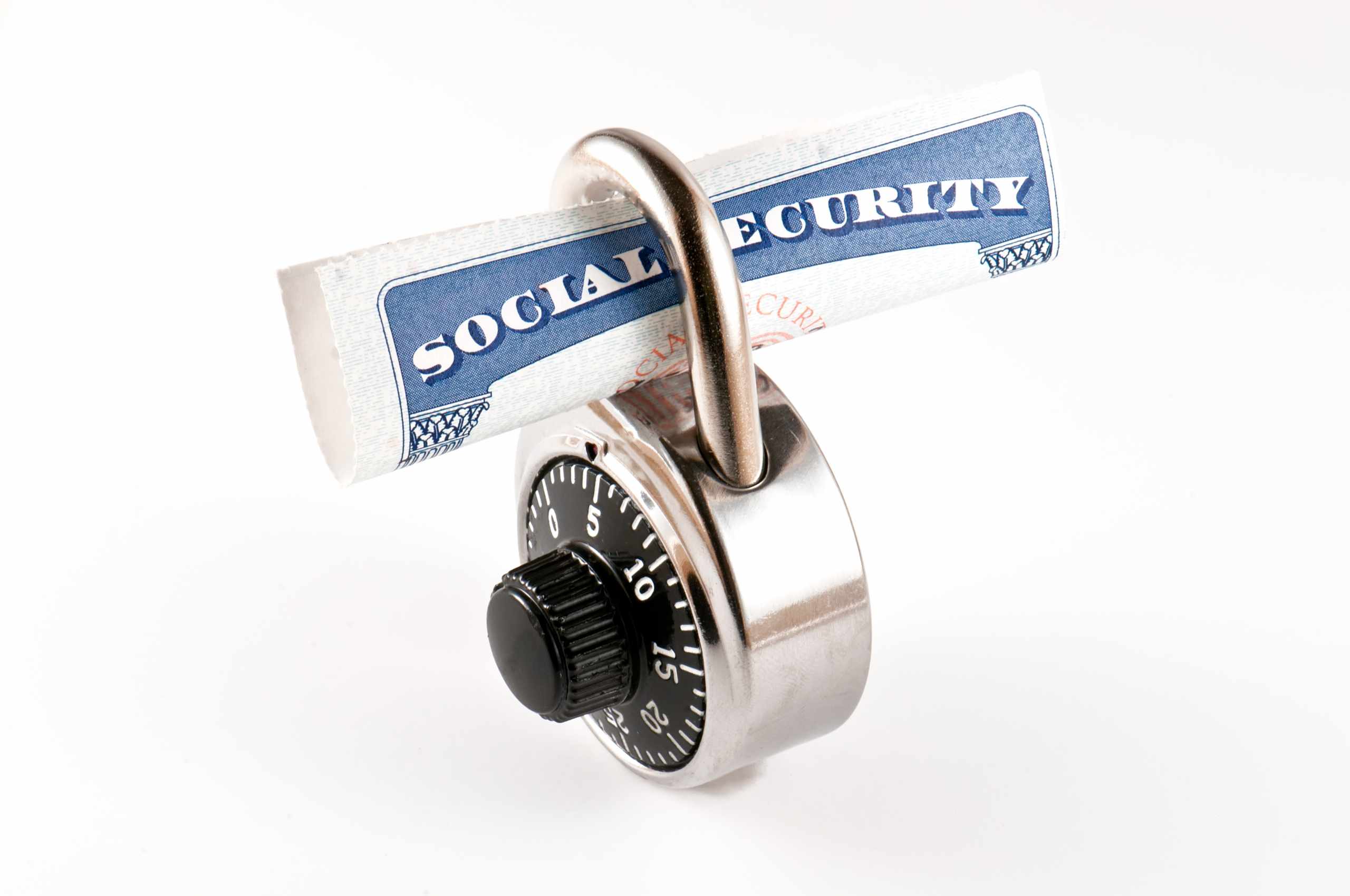Social security numbers are vital. They let you earn income, collect benefits and tax refunds, get medical care, etc. Unfortunately, many have also been compromised in recent years. While there’s not much to be done about past breaches of information, if you suspect that your social security information has been compromised or stolen, it is important to act fast; the longer you wait, the more damage can be done to your credit history, finances and reputation. This is a guide on what steps to take if you believe your social security information has been compromised or stolen.
Check Your Social Security Account
If you think someone may have stolen your Social Security Number(SSN) through a lost social security card, you’ll need to go to the Social Security website and check your “my Social Security” page for any suspicious activity. The first thing to do is see if anyone has applied for benefits using your SSN. If they have, report it immediately to Social Security and take steps to protect yourself from identity theft (more on that below). Also, be sure that any benefit payments you are entitled to are coming through correctly—if not, contact the phone number on their website or via email.
Report any issues found in My Social Security immediately. The sooner you report an issue, the more likely it will be resolved before further damage is done (i.e., someone else can’t get credit cards or bank loans in your name).
Report The Incident To The SSA
The social security administration (SSA) will help you file a report that includes information about your identity theft, but you can also ask them for other resources and assistance.
Report the incident to local law enforcement. In some areas, you may be able to file a police report online through an embedded system on your county sheriff’s website or by calling (855) CRIME-TV with your phone number and PIN code. If that doesn’t work, call your local police department directly—they’ll likely be able to point you in the right direction for reporting this kind of crime in their jurisdiction.
Report the incident to the Federal Trade Commission Identity Theft Hotline: 1.877.ID.THEFT (1.877.438.4338). You can also fill out an online complaint form at https://www.ftc.gov.
File A Police Report

Filing a police report can help protect you from future identity theft. The Federal Trade Commission recommends filing a report with your local police department as soon as you realize that personal information has been stolen. This helps ensure that law enforcement officials have access to all available data regarding the breach and can track down potential perpetrators more quickly. You should also file a report with the Federal Bureau of Investigation (FBI) or other federal agency that investigates such incidents if they’re involved, such as the Social Security Administration (SSA).
The Identity Theft Resource Center recommends contacting them directly via their website at https://www.idtheftcenter.org for more guidance on where and how to file this report because each state has different requirements for filing an identity theft complaint with law enforcement officials or agencies like the FBI or SSA.
Take Additional Privacy Measures
Change your passwords immediately, especially the ones that are used to access your bank account or credit card accounts. You may also want to consider using a password manager, which can help you create strong passwords and keep track of them for you.
For added protection on any accounts where you have reused one of your Social Security numbers as part of the username or password (or other personal information), consider changing it immediately as well.
If you have children affected by this breach, make sure they don’t share their SSNs with anyone—especially strangers online! And encourage them not to post photos online that include their names and birth dates; those details could be used for identity theft purposes if taken by an imposter posing as a friend or classmate.
Consider Putting A Freeze On Your Credit
A credit freeze is a security tool that prevents anyone from accessing your credit report without your express permission. It may be the best way to prevent fraudsters from opening new accounts in your name, but it does come with some risks.
You can place a freeze on all three major credit reporting agencies—Equifax, Experian, and TransUnion—for free by contacting each company directly. (You will still have to pay for unfreezing.) Each agency must place its own freeze within 72 hours of receiving your request and must also provide you with a PIN code that you’ll use every time you want to lift or remove the freeze during the duration of its term. You should keep track of that code because most companies require it before they can lift or remove a freeze on your behalf.
What if someone places an unauthorized inquiry? If someone tries to open an account in your name after you’ve frozen it, there are two options: You can file an identity theft report with law enforcement; or if you think it happened because of negligence on the part of the company itself (as opposed to theft), contact them directly first before going through official channels; many businesses have processes for resolving these types of disputes more amicably than the police do!
Consider Placing An Extended Fraud Alert On Your Credit Reports
If you’re concerned about identity theft, it’s important to place an extended fraud alert on your credit reports. If a creditor or lender requests a copy of your credit report, they’ll be notified that they must take extra steps to verify who you are before giving out information. That way, if someone tries to use your Social Security number fraudulently and accesses one of your accounts in the future, they’ll be caught.
An extended fraud alert lasts for one year from the date it was placed on each credit reporting agency’s database—and then another seven years as long as you keep renewing it every 12 months by calling back in and placing an updated alert.
Conclusion
If your Social Security information has been compromised, there are steps to take in order to protect yourself and your family. Hopefully, by going through those steps, you take control of the situation and get things back on track as quickly as possible.

